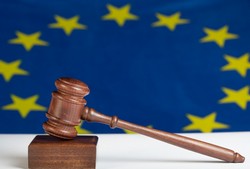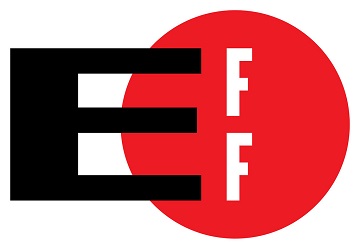-

European Commission Refers Poland to ECJ
December 04, 2019
The European Commission is referring Poland to the Court of Justice for allowing energy intensive businesses to be exempted from excise duty on coal and gas.
-

New Report Contains Negative Assessment of EU SDG Efforts
November 25, 2019
According to an independent qualitative report assessing the progress of the European Union toward achieving the UN's 2030 Sustainable Development Goals ("SDGs"), every country in Europe is failing against global sustainability targets, a result that is sparking calls for EU political leaders to urgently draw up an ambitious plans to address climate change, pollution, biodiversity and overconsumption across the bloc.
-

EU Court of Justice Places Fate of Judicial Discipline Reforms to Polish Supreme Court
November 25, 2019
The Court of Justice of the European Union has determined that it is up to the Supreme Court of Poland to decide if a new disciplinary body for judges was autonomous from political influence, leaving the fate of the key element of the government’s judicial overhaul in the hands of its critics.
-

Electronic Frontier Foundation: Second Additional Protocol to Budapest Convention Poses Privacy Concerns
November 25, 2019
The Electronic Frontier Foundation has expressed concern about a proposed Second Additional Protocol to the Council of Europe's Budapest Convention, a major international treaty on cybercrime, that seeks to make it much easier for police in one country to get users' data from companies in another country, typically foreign Internet companies and Internet Service Providers.
-

European NHRIs Meet to Promote Human Rights-Based Approach to Economic and Social Policies
November 20, 2019
At the Annual Conference of the European Network of National Human Rights Institutions, European National Human Rights Institutions ("NHRIs"), regional and international organizations, and civil society organizations met to discuss the role and relevance of NHRIs in the realization of social and economic rights in Europe and to encourage a human rights-based approach to economic and social policies and reforms at the national and European level.
Copyright 2026 Global Governance Watch. All Rights Reserved.
A project of The Federalist Society for Law & Public Policy Studies